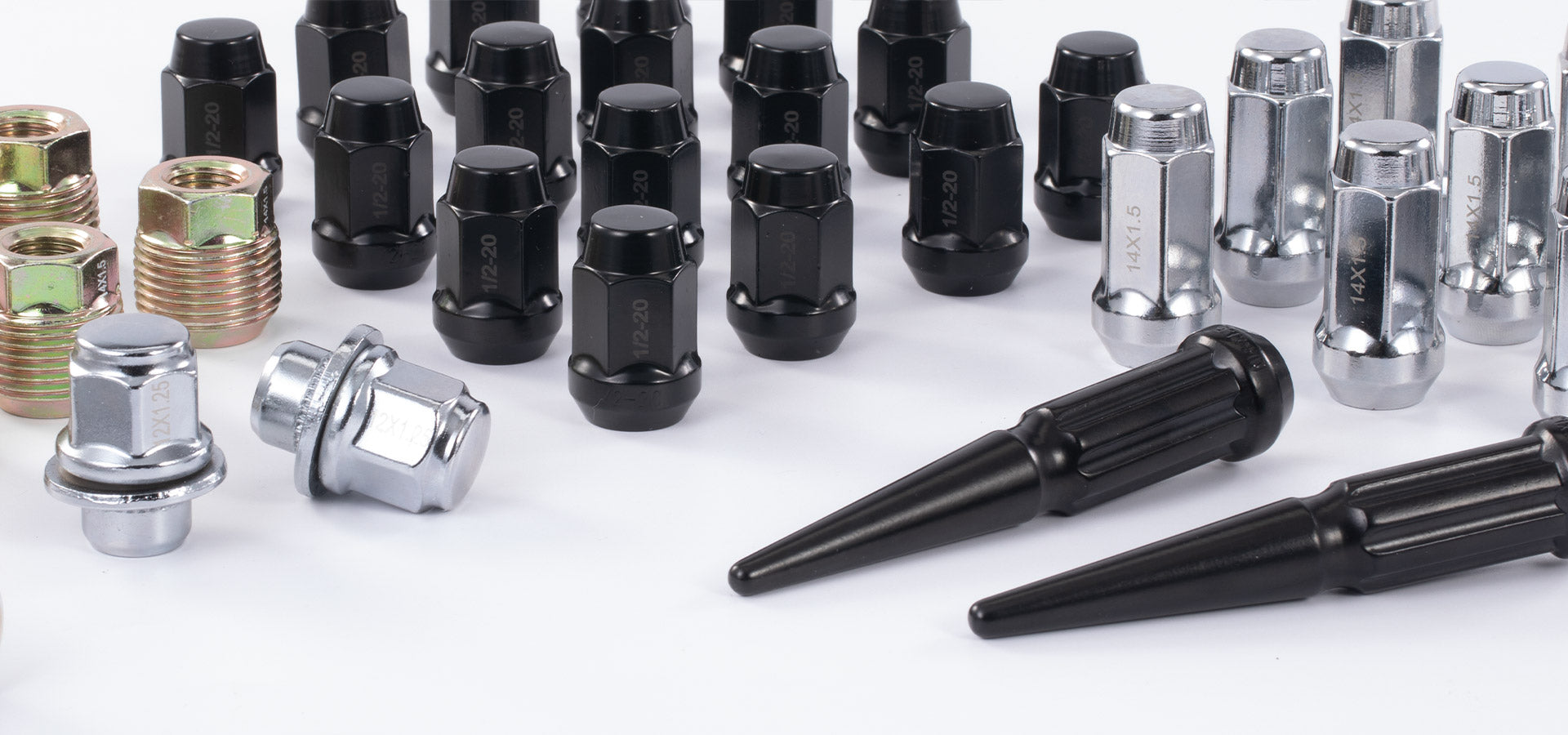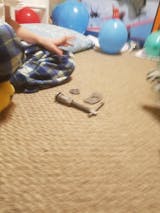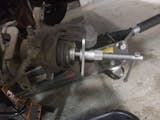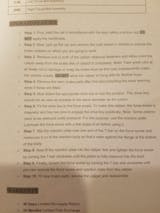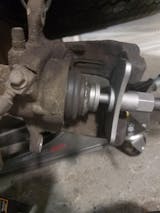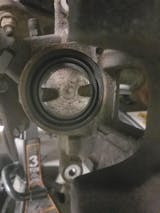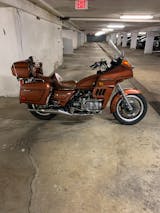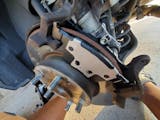The stock wheels and stock lug nuts fit perfectly together. But when upgrading to a new aftermarket wheel and tire kit, you may find that your old lug nuts don't fit your new wheels.
When you find out you need a new set of lug nuts, you may be unsure of how to choose. Lug nuts come in different sizes, cones and pitches. Depending on the wheel or application, the type of lug nut you have may vary.
What is Lug Nut Size and Seat?
There are two terms you need to understand when it comes to looking for the right lug nuts for your vehicle:
Size
This refers to the correct lug nut size and takes into account the thread size and pitch. Simply put, the thread size is the diameter of the stud that will hold the lug.
Seat
This refers to the area where the lug nut actually contacts the wheel surface.
There are 3 seat styles on the market
Conical Seat: Shows a 60 degree bevel and is the most popular type for aftermarket wheels.
Mag Seat: This is a completely flat surface that is used with a separate washer.
Ball Seat: This is an inverted bowl shaped seat.
How to confirm the seat type of bolts for your new wheels?
Now that we know the dimensions and the seat, let's take a look at a few of the lug nuts on the market today.
Conical lug nuts
Also known as acorn lugs, these are the most popular lug nuts in the aftermarket wheel industry.
Conical lugs fit into a tapered lug hole and are very easy to use because the 60 degree slope actually centers the lug automatically when tightened. Like most other lug types, conical lugs are available in closed, open, long and short styles.
Spherical Lug Nuts
Also known as ball mount lugs, they naturally fit into the ball mount lug hole because they match the spherical hole perfectly.
This style of ball seat lug looks similar to the conical lug, so be sure to check your lug carefully as many European vehicles use the ball seat style - these are easy to install, just like the conical.
Mag Seat Lug Nuts
Mag Seat Lug Nuts have a convenient extended thread design and a flat washer for setting them flush if there is a flat surface around the lug holes.
Flat Seat Lug Nuts
Similar to the Mag Seat is the Flat Seat Lug, which is also made to be bonded to a flat surface. The difference is that the flat seat lugs have a built-in washer and are not designed with an extended thread.
They are also convenient due to the attached washers, but they are not as easy to unscrew compared to the magnetic lugs. With their extended threads, you can find them on many semi-truck wheels and in some industrial environments.
Extended Thread Lug Nuts
Extended thread lug nuts have a conical seat with an extra shank for more threaded engagement. These lugs are used when more threaded engagement is required on studs that may have longer threads than regular studs.
With ET lugs, the extra shank can go deeper into the lug hole and in some cases hold the wheel better. ET lugs are also easier to thread because you can grip them better and are preferred by many because of this feature.
Tuner Style lugs
These have a tapered seat, usually very small in diameter, and can be removed using a special key inserted into the face of the lug nut.
Lug Bolts
These are lug nuts with bolts. They are bolted to the rotor rather than to the stud. They are usually found on European cars such as Audi, BMW, Mercedes and Volkswagen.
How do I choose the size of the lug nuts?
In order to safely mount your wheels, it is important that the lug nuts are sized to fit your vehicle's requirements. If your lug nuts or lug bolts do not match the pitch of your vehicle, they will not work.
Lug nut sizes are given in two numbers. The first number is the diameter of the stud. The second number is the pitch. On metric studs, the pitch is the distance between each thread (in millimeters). On a standard lug nut, the pitch is the number of threads per inch.
For example, a 12mmx1.25 lug nut has a diameter of 12mm and a pitch of 1.25mm.
Confirm the lug seat type and size of your wheel before purchasing, you can obtain information from the wheel manufacturer.
What is lug nut thread engagement?
Threaded engagement is how much contact your lug nuts make with the stud, or how many turns are completed before tightening. For your safety, proper thread engagement requirements must be met.
If a conventional lug nut does not allow for proper thread engagement, you may need an extended thread (ET) lug nut. When installing ET lug nuts, make sure the lug holes on the wheels are wide enough to accommodate the extended threaded area.
The lug nut is one of the most important pieces of hardware on your vehicle, holding the wheel tightly to your car or truck during the summer and winter weather.
Orion Motor Tech takes this responsibility seriously, designing these premium lug nuts for precise threading, exact fit, and superior strength and corrosion resistance.

